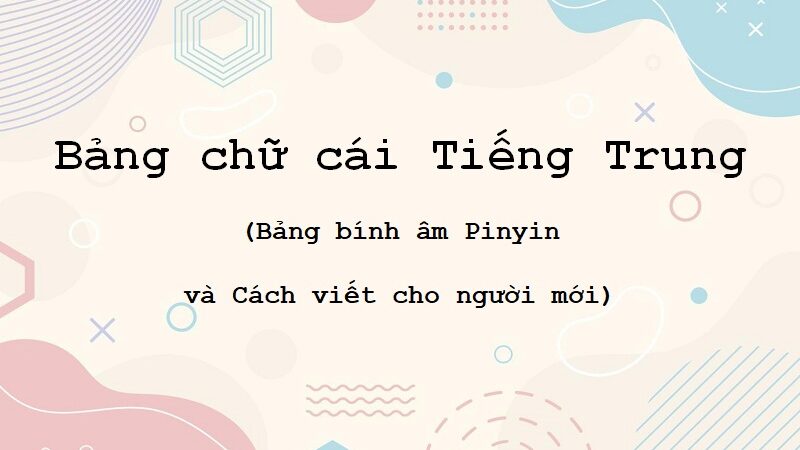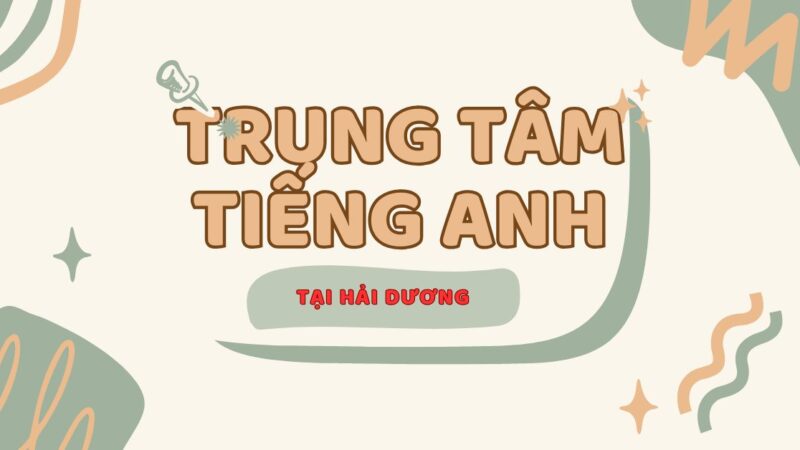100+ câu bài tập nhận biết từ loại Tiếng Anh cơ bản giúp bạn học nhanh
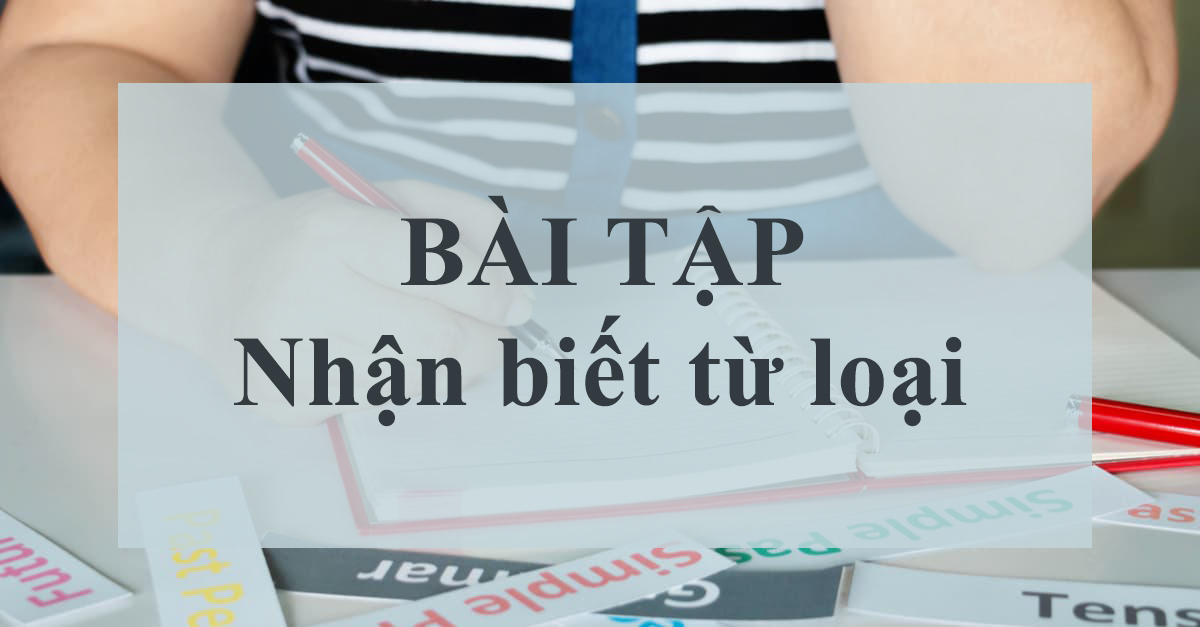
Chủ đề về các từ loại luôn là phần kiến thức dễ gây nhầm lẫn với đại đa số người học. Nhằm giúp bạn cải thiện khả năng học tập tốt hơn, hãy cùng Nguyễn Tất Thành thử sức ngay 100 câu bài tập nhận biết từ loại Tiếng Anh vô cùng đa dạng và hấp dẫn dưới đây.
- Phút tiếng Anh là gì? Mẹo học tiếng Anh dành cho trẻ cực hiệu quả
- Top 5+ app học tiếng anh cho bé 5 tuổi có lượt tải nhiều nhất hiện nay
- Phó từ là gì trong tiếng Việt: Định nghĩa, đặc điểm và ví dụ minh họa
- Tiếng Anh lớp 1 unit 2 what’s this – Tổng hợp kiến thức và hướng dẫn làm bài tập
- Các bài nhạc thiếu nhi tiếng Anh hay nhất cho trẻ em
9 loại từ thông dụng trong Tiếng Anh
Trước tiên, bạn cần phân biệt được chức năng và dấu hiệu nhận biết các từ loại trong tiếng anh:
Bạn đang xem: 100+ câu bài tập nhận biết từ loại Tiếng Anh cơ bản giúp bạn học nhanh
|
Loại từ – Viết tắt
|
Chức năng
|
Nhận biết
|
Ví dụ
|
|
Danh từ – N
|
Danh từ là những từ dùng để chỉ người, vật, việc, sự việc, sự vật,…
Trong một câu, một danh từ có thể có nhiều vai trò khác nhau như làm chủ ngữ, tân ngữ hoặc bổ ngữ,…
|
Làm chủ ngữ trong câu
Đứng sau động từ làm tân ngữ
Đứng sau mạo từ
Đứng sau từ chỉ số lượng
Đứng sau từ hạn định
Đứng sau tính từ sở hữu
Đứng sau giới từ
|
She lives in my home. (Cô ấy sống ở nhà của tôi.)
|
|
Động từ – V
|
Động từ là những từ dùng để chủ hành động, trạng thái của con người, vật, sự vật, sự vật, sự việc,…
Một động từ có thể có nhiều dạng khác nhau dùng để biểu đạt thì của câu.
|
Đứng sau chủ ngữ
Đứng sau trạng từ chỉ tần suất
Đứng trước tân ngữ
Đứng trước tính từ
|
He usually hangs out with his friend. (Anh ấy thường đi chơi với bạn của mình.)
|
|
Tính từ – Adj
|
Tính từ là là những từ được dùng để chỉ trạng thái, đặc điểm tính chất của người, sự vật, sự việc,…
|
Đứng sau động từ tobe và động từ liên kết
Đứng trước danh từ
|
My dogs are big. (Những con chó của tôi đều to.)
|
|
Trạng từ – Adv
|
Trạng từ là những từ bổ nghĩa cho động từ, tính từ hoặc bổ nghĩa cho cả câu. Trạng từ không nhất thiết là một từ mà nó có thể là một cụm từ có chứa các từ loại khác.
|
Đi sau chủ ngữ (trạng từ chỉ tần suất)
Đứng giữa trợ động từ và động từ thường
Đứng cuối câu
Đứng một mình ở đầu câu/giữ câu, cách các thành phần khác của câu bằng dấu phẩy.
|
My mother told me to run quickly to go to school on time. (Mẹ bảo tôi phải chạy thật nhanh để đi học cho kịp giờ.)
|
|
Đại từ – P
|
Đại từ được chia làm năm loại gồm: đại từ nhân xưng, đại từ phản thân, đại từ bất định, đại từ chỉ định, đại từ sở hữu.
Chúng đều có mục đích chung là thay thế cho danh từ để tránh sự lặp từ.
|
Làm chủ ngữ
Đi sau giới từ làm tân ngữ
|
This is the most wonderful thing I have ever received. (Đây là điều tuyệt vời nhất mà tôi từng nhận được.)
|
|
Giới từ – Pre
|
Giới từ là các từ được dùng để chỉ sự liên quan giữa hai danh từ khác nhau trong câu.
|
Đứng sau động từ
Đứng sau tính từ
Trong cấu trúc câu “what … for?”
|
They went to school on Sunday. (Họ đã đến trường vào Chủ nhật.)
|
|
Từ hạn định
|
Từ hạn định dùng để giới hạn hoặc xác định một danh từ
|
Đứng trước tính từ
Đứng trước danh từ
|
The next few years.(Vài năm tới.)
|
|
Liên từ
|
Liên từ là từ dùng để liên kết các từ, cụm từ, các mệnh đề trong câu.
|
Nằm giữa hai mệnh đề
Nằm giữa hai từ vựng có cùng chức năng
|
They’ll find out the truth whether you tell them or not. (Họ sẽ tìm ra sự thật cho dù bạn có nói với họ hay không.)
|
|
Thán từ
|
Thán từ là những từ dùng để biểu đạt cảm xúc. Thường được sử dụng trong giao tiếp hàng ngày.
|
Đứng một mình ở đầu câu, có kết thúc bằng dấu chấm than
|
Shh! I need to focus on listening to the presentation. (Suỵt! Tôi cần tập trung lắng nghe bài thuyết trình.)
|
Xem thêm: Bài tập từ loại tiếng anh theo dạng CÓ ĐÁP ÁN chi tiết
100+ câu bài tập nhận biết từ loại Tiếng Anh
Bài tập 1: Từ gạch chân thuộc nhóm từ loại nào dưới đây
1. Will it be alright if I bring a friend tonight? (verb / noun / adverb)
2. We are going to Mexico next summer. (adverb / adjective / preposition)
3. I will think of you when I am lying on the beach next week. (noun / pronoun / adverb)
4. I am going to keep asking her out until she says ‘yes’. (preposition / conjunction / adverb)
5. You are not to tell anybody about it. (adverb / preposition / adjective)
6. Why are you wearing that funny hat? (adjective / adverb / noun)
7. I went to the park yesterday. (verb / adverb / adjective)
8. Though she drove fast, she could not catch them. (conjunction / adverb / preposition)
9. Much as I respect his work, I cannot agree with him. (noun / pronoun / adjective)
10. I shall probably be home late tonight. (adjective / adverb / preposition)
Đáp án:
1. verb
2. adjective
3. noun
4. conjunction
5. preposition
6. adjective
7. verb
8. conjunction
9. pronoun
10. adverb
Bài tập 2: Các từ in đậm sau thuộc nhóm từ loại nào
1. Tom went to the market to buy books ( __________ ).
2. He went to the market but ( __________ ) did not buy new books.
3. I liked ( __________ ) him ( __________ ) better than he liked me.
4. A smart girl was dancing quickly ( __________ ).
5. She ( __________ ) eats apples in the morning daily.
5. When he was sitting ( __________ ) on the grass, a snake bit him.
7. You ( __________ ) caught him by his arm.
8. A rich ( __________ ) lady bought a beautiful ( __________ ) necklace.
9. Hurrah! ( __________ ) I have passed the examination.
10. The cat is sitting under ( __________ ) the chair.
11. Alas! ( __________ ) I could not receive you.
12. The body of the cage is made of iron. ( __________ )
13. It is not your ( __________ ) pen; it is hers.
14. There is still some milk in ( __________ ) the jug.
15. Jimmy is performing ( __________ ) his duties diligently.
16. The drawing made by you is almost ( __________ ) perfect.
17. I shall not go unless ( __________ ) you allow.
18. The road is to ( __________ ) go by.
19. The flowers smell sweet. ( __________ )
20. He frequently ( __________ ) goes to the beach.
Đáp án:
1. Noun
2. Conjunction
3. Verb, Pronoun
4. Adverb
5. Pronoun
6. Verb
7. Pronoun
8. Adjective, adjective
9. Interjection
10. Preposition
11. Interjection
12. Noun
13. Pronoun
14. Preposition
15. Verb
16. Adverb
17. Conjunction
18. Preposition
19. Adjective
20. Adverb
Bài tập 3: Các từ in đậm dưới đây thuộc nhóm từ loại nào
1. I want to go now.
2. What are you doing there?
3. There is a mouse underneath the piano.
4. Masons build houses.
5. John is my best friend.
6. She looked up but didn’t see anything.
7. My family lives in different parts of India.
8. That was a difficult question.
9. She was very impressed with her results.
10. Although she is poor, she is happy.
Đáp án:
1. adverb
2. adverb
3. preposition
4. noun
5. proper noun
6. adverb
7. collective noun
8. adjective
9. adverb
10. conjunction
Bài tập 4: Xác định thành phần trạng ngữ trong các câu sau
1. The teacher has heard this before.
2. The postman comes to her daily.
3. The man repeated the same thing thrice.
4. Your friend called again.
5. Please walk forward.
6. The horse ran away.
7. My brother writes clearly.
8. The army fought bravely.
9. The mangoes are almost ripe.
10. When did you come?
Đáp án:
1. Before
2. Daily
3. Thrice
4. Again
Xem thêm : Top 10 sản phẩm đồ chơi gỗ thông minh cho bé 2 tuổi
5. Forward
6. Away
7. Clearly
8. Bravely
9. Almost
10. When
Bài tập 5: Điền đại từ thích hợp vào chỗ trống
1. Shyam is my brother. ___ study in the same class
2. Between Ritu and me, __ am the younger one.
3. Do you see this book with my name on it? It is ___.
4. Miss Gwen is our new class teacher. ___ is very sweet.
5. While cutting vegetables, Mitu cut ___.
6. The jury got divided among ___.
7. I’m coming too. Please wait for __.
8. Nobody but ___ was present.
9. ___ book is better than the other.
10. Is the mug ___? It was on your table.
Đáp án:
1. We
2. I
3. Mine
4. She
5. Herself
6. Themselves
7. Me
8. He/She
9. This
10. Yours
Bài tập 6: Xác định từ loại các từ được in đậm bên dưới
1. Rahul and Jane are friends.
2. Meena is a writer.
3. The boys are practicing cricket.
4. I put the books on the table.
5. Alas! I have locked myself out.
6. The woman took her child to the doctor.
7. I saw a beautiful girl in the park.
8. She was upset because she did not know what to do.
9. She combed her hair slowly.
10. Have you ever been to the US?
11. He ate the food greedily.
12. It was too hot to go out.
13. Still waters run deep.
14. We are still waiting for him.
15. They arrived soon after.
16. He told us all about the battle.
17. The thief was hiding behind the door.
18. Suddenly one of the wheels of the car came off.
19. Muslims fast in the month of Ramzan.
20. He kept the fast for a week.
21. He is on the jury.
22. He was playing while I was working.
23. The scale broke while I was weighing myself.
24. It was a sunset of great beauty.
25. She was running at a high temperature.
26. I am the happiest woman in the world.
27. He has many influential friends.
28. Choose the lesser of the two evils.
29. Hari is the most intelligent boy in the class.
30. A fast car goes fast.
Đáp án:
1. Friends – noun
2. Meena – noun
3. Are practicing – verb
4. On – preposition
5. Alas – interjection
6. To – preposition
7. Beautiful – adjective
8. Because – conjunction
9. Slowly – adverb
10. Ever – adverb
11. Greedily – adverb
12. Too – adverb
13. Still – adjective
14. Still – adverb
15. After – adverb
16. About – preposition
17. Behind – preposition
18. Off – adverb
19. Fast – verb
20. Fast – noun
21. Jury – collective noun
22. While – conjunction
23. Broke – verb
24. Beauty – abstract noun
25. High – adjective
26. Happiest – adjective
27. Friends – noun
28. Choose – verb
29. In – preposition
30. Fast – adverb
Bài tập 7: Hoàn thành các câu sau bằng cách sử dụng dạng đúng của từ cho trong ngoặc.
1. The …………. of the new bridge took three years. (construct)
2. Animals make the most …………. homes. (complicate)
3. There is a great deal of ……………. in the kind of homes built by animals. (various)
4. She was in complete ………….. when her husband suddenly left her. (bewilder)
5. The result of the first experiment was ………….. (satisfy)
6. The ……………….. of poverty is the need of the hour. (eradicate)
7. By continuous ………….. the boy mastered the whole poem. (repeat)
8. Human affairs have always been ……………….. related to water. (intricate)
9. This drug has absolutely no chemical ………………. to any other drug. (similar)
10. His rudeness ……………… my determination to leave him. (reinforcement)
Đáp án:
1. The construction of the new bridge took three years.
2. Animals make the most complicated homes.
3. There is a great deal of variety in the kind of homes built by animals.
4. She was in complete bewilderment when her husband suddenly left her.
5. The result of the first experiment was satisfactory.
6. The eradication of poverty is the need of the hour.
7. By continuous repetition the boy mastered the whole poem.
8. Human affairs have always been intricately related to water.
9. This drug has absolutely no chemical similarity to any other drug.
10. His rudeness reinforced my determination to leave him.
Trên đây là phần nội dung tổng hợp 100 câu bài tập nhận biết từ loại Tiếng Anh phổ biến mà bạn dễ bắt gặp nhất. Hy vọng những chia sẻ của Nguyễn Tất Thành sẽ giúp bạn chinh phục bộ môn ngoại ngữ này dễ dàng hơn.
Chúc các bạn học tốt!
Nguồn: https://truongnguyentatthanh.edu.vn
Danh mục: Giáo dục
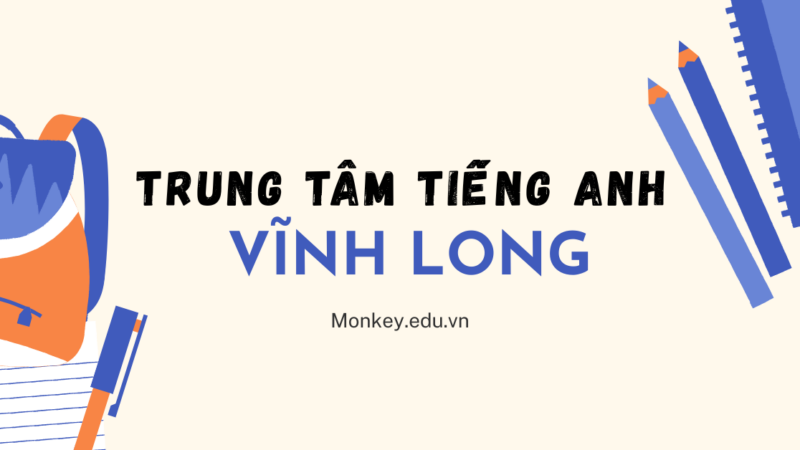
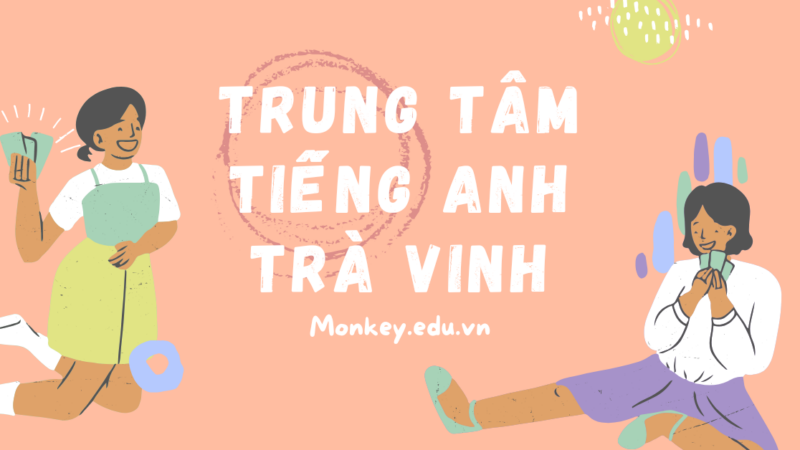

![[GIẢI ĐÁP] Chứng chỉ IELTS có được miễn thi tốt nghiệp không?](https://truongnguyentatthanh.edu.vn/wp-content/uploads/GIAI-DAP-Chung-chi-IELTS-co-duoc-mien-thi-tot-800x450.jpg)
